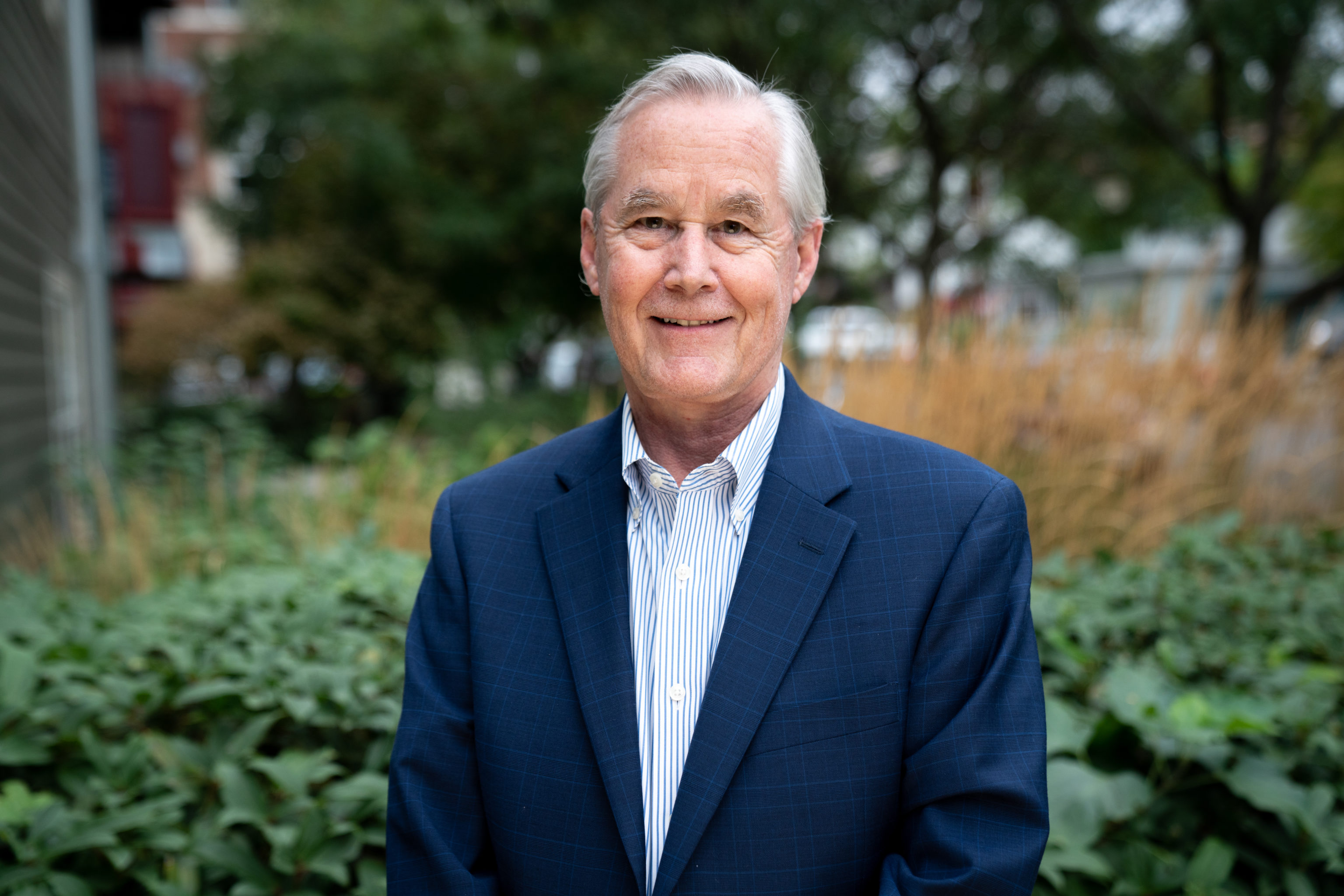“The basic rule of a crisis is that you don’t come out of it the same. If you get through it, you come out better or worse, but never the same” (Francis and Ivereigh, 2020, p.1).[1] As Catholic Charities navigates the COVID-19 pandemic, followed by the wildfires, and the economic and housing crises at our door, we see how true Pope Francis’ words are.
We, as an agency, are being shaped daily as we respond to the crises we are all living through, and we see ourselves emerging from those challenges a better, more caring and impactful organization. In particular, the four-fold crisis we are living through has shone a bright light on the fundamental importance of our “housing continuum” to our ability to serve the most vulnerable and to respond to emergencies of all kinds.
The housing continuum includes all the services and facilities we employ as we walk with people on the often bitter and always challenging journey from homelessness to permanent housing. This begins with street outreach to engage unhoused people, peer supports and case management to effectively partner, drop in centers to build community and trust, hot meal distribution to unhoused people on the streets, and food box distribution to fill and warm the stomachs of our housed but food-insecure residents, transitional housing settings like Kenton Women’s village (an on-ramp into permanent housing), shared housing options like Martha and Mary House, and a growing portfolio of permanent affordable housing with an array of services and supports to meet different levels of need. Preventing homelessness and the trauma that comes with it, of course, is our goal, and having a robust set of resources and strategies to rapidly move unhoused people into housing and support them there is a necessary and important corollary to that.
The integration of services and housing is perhaps the most fundamental evolution that has occurred at Catholic Charities of Oregon in the past decade. We no longer see housing as a commodity or set of physical assets to develop and maintain separate from our service portfolio. Increasingly, we understand that housing and services are an integrated whole; without housing, individuals and families cannot thrive, and it is very near impossible to provide effective, continuous human services. Similarly, without services and social connections, the four walls and roof that make up a “house” are insufficient protection for the most vulnerable during a crisis. When we bring these resources together, we create a powerful synergy.
The Catholic Church’s teachings tell us that housing is not simply a commodity, but an essential part of what it means to live a dignified human life, as discussed in Homelessness and Housing: A Human Tragedy, a moral challenge. [2] Having adequate shelter is a basic human right; a right that the Church affirms as a key part of respecting and recognizing our personhood. Ensuring everyone can access a safe, stable, and adequate home—along with the services and supports they need to succeed—is a fundamental part of Catholic Charities’ vision for the common good.
Sources:
[1] Francis, P., & Ivereigh, A. (2020). Let Us Dream: The Path to a Better Future. Simon & Schuster.
[2] United States Conference of Catholic Bishops. (1988, March 24). Homelessness and Housing: A Human Tragedy, A Moral Challenge | USCCB. https://www.usccb.org/resources/homelessness-and-housing-human-tragedy-moral-challenge
